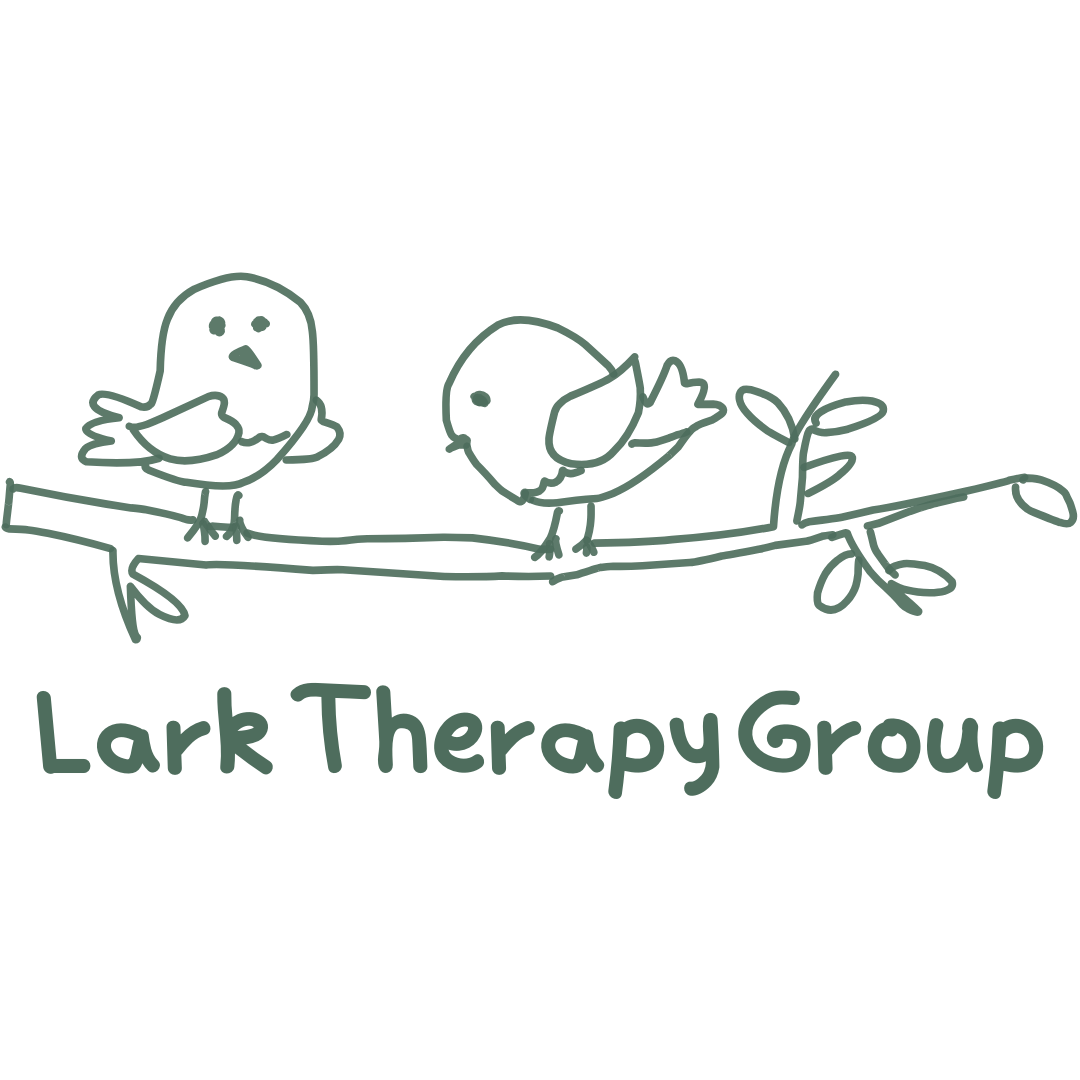Your child is bright. Curious. Maybe even reading well before their peers. But they also seem to struggle with things that other kids find easy—like making friends, switching activities, or handling loud noises. You’ve heard terms like autistic traits or neurodivergence tossed around. And maybe someone has mentioned the phrase high functioning autism, and you’re wondering:
Is that what’s going on?
Is that my child?
First, take a breath. You’re not alone in asking these questions. And you’re not behind. You’re right on time.
At Lark, we work with many families navigating a diagnosis—or simply trying to understand their child better. ABA therapy offers support, structure, and strategies tailored for high functioning autism—and it starts with understanding what that really means.
What is high-functioning autism?
The term high functioning autism isn’t a clinical diagnosis anymore. But many people still use it informally to describe autistic individuals—especially children—who have average or above-average intelligence, but struggle with things like social communication, flexibility, or emotional regulation.
Here’s what high functioning autism can look like in young children:
- A deep focus on specific interests (like trains, planets, or animals)
- Advanced vocabulary, but trouble with back-and-forth conversation
- Difficulty making or keeping friends
- Struggles with transitions or unexpected changes
- Sensory sensitivities (e.g., picky eating, clothing discomfort, loud sounds)
- Meltdowns that seem to come “out of nowhere”
These kids are often described as “little professors” or “quirky” by well-meaning adults. But behind the charm and intellect, there may be real frustration, anxiety, or social confusion.
That’s why support—especially early support—matters. And that’s where ABA therapy can help.
What is it like being a high functioning autistic person?
Every autistic person is different. But if your child has high functioning autism, they may appear to be doing “just fine” to the outside world—while privately feeling overwhelmed, left out, or misunderstood.
It’s common for these children to:
- Mask their struggles at school, then fall apart at home
- Be highly sensitive to criticism or perceived failure
- Feel confused by social cues (like sarcasm, tone of voice, or facial expressions)
- Have big feelings that they can’t always explain
And here’s something parents often say: “They’re so smart—I just don’t understand why these little things are so hard for them.”
It’s not a lack of trying. It’s not defiance. It’s a brain that’s wired differently—and trying its best to make sense of a world that can feel chaotic or unclear.
ABA therapy can support kids with high functioning autism by breaking down complex social skills into smaller, teachable steps—while also helping them understand their own emotions and needs. It’s not about making them less autistic. It’s about helping them feel more confident being who they are.
Is HFA the same as Asperger’s?
It’s a question that comes up often:
Is high functioning autism the same as Asperger’s?
The short answer: they’re closely related—but not technically the same.
Before 2013, Asperger’s Syndrome was a separate diagnosis. It referred to autistic individuals with strong language and cognitive skills, but social or behavioral differences.
When the DSM-5 was updated, Asperger’s was folded into the broader diagnosis of Autism Spectrum Disorder (ASD)—without specific subtypes.
Today, people who would’ve previously been diagnosed with Asperger’s are often described as having high functioning autism, although that term isn’t used formally in clinical settings.
Still, many families (and even clinicians) continue to use it because it helps describe a certain presentation of autism that’s less visibly “severe,” but still deeply impactful.
Whether you call it HFA, Asperger’s, or simply autism—what matters most is getting your child the support they need. And ABA therapy is one evidence-based path that can be tailored to match your child’s strengths, challenges, and goals.
How do I know if I’m autistic?
If you’re a parent reading this and some of these traits sound a little… familiar—you’re not alone. It’s very common for adults to begin questioning their own neurodivergence while supporting their child.
You might be wondering:
- Why do I hate certain textures or noises too?
- Was I also that kid who struggled with friendships or change?
- Could I have high functioning autism and not know it?
The answer is: maybe. And exploring that question can be part of your own healing journey.
At Lark, we believe that understanding high functioning autism isn’t just about supporting kids—it’s about supporting families. Whether you’re noticing familiar patterns or simply wanting to parent with more intention, we’re here to walk that path with you.
How ABA therapy helps children with high functioning autism
Now let’s talk about what’s possible.
ABA therapy is often misunderstood as rigid or only helpful for children with severe needs. But in reality, ABA can be incredibly effective—and deeply compassionate—when customized for children with high functioning autism.
Here’s how it can help:
- Social skills: Practicing how to start conversations, read facial expressions, or understand personal space.
- Emotional regulation: Learning how to identify big feelings and use calming strategies.
- Flexible thinking: Building tolerance for unexpected changes, transitions, or different ways of doing things.
- Self-advocacy: Teaching kids to ask for what they need, set boundaries, and explain their preferences.
And yes, all of this can be done in a way that’s play-based, positive, and respectful of who your child is.
ABA therapy for high functioning autism isn’t about changing your child’s personality. It’s about reducing the friction between their inner world and the outside world—so they can feel more understood, connected, and confident.
Final thoughts: Your child doesn’t need to be “fixed”—they need to be seen
Here’s the truth: kids with high functioning autism are not broken. They’re not difficult. They’re not “too much.”
They’re navigating the world with a brain that processes things differently—and sometimes that difference is beautiful. Other times, it’s really, really hard.
But they don’t have to do it alone. And neither do you.
At Lark, we offer ABA therapy that honors the individuality of every child. We see their brilliance. We support their struggles. And we help them—and you—build skills that last.
If you’re curious about whether your child might have high functioning autism, or if you’re already on the journey and need support, we’re here.
Let’s meet your child where they are. Let’s grow with them, not against them.
And let’s build a world where they don’t have to mask, shrink, or explain themselves just to belong.
Because they already do.


